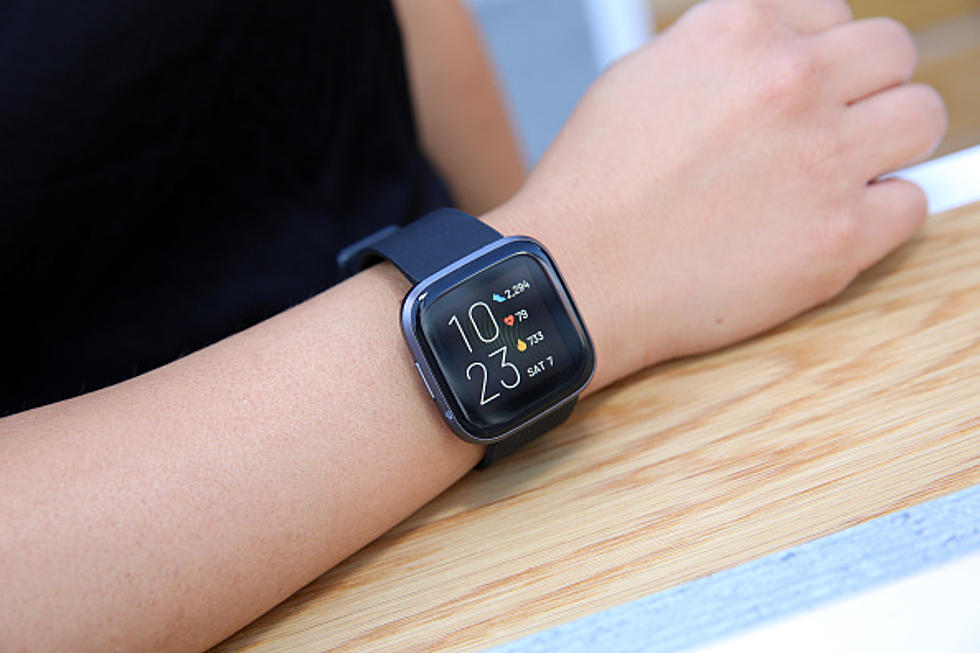
New Research Suggests Popular Food Dye May Be Bad to Your Health
A story in The Washington Examiner suggests there may be a link between people who consume food products with Red Dye 40, and health issues like inflammatory bowel disease, Crohn’s disease, and ulcerative colitis.
Red Dye 40 is a synthetic product made of petroleum and used in many common food products. It's been approved by regulatory organizations in various countries, including the FDA here in the US as well as the European equivalent.
You can find this dye in popular cereals, candies, soda, condiments, and much more. It's difficult to avoid. Through the years, there have been many studies into the safety of Red Dye 40. Some believe that it can cause allergic reactions, and there are those who believe that it may play a role in worsening behavior of children with ADHD.
To date, studies haven't shown any conclusive evidence that the dye is in fact, responsible.
According to the Washington Examiner article, researchers from McMaster University have found a link between Red Dye 40, and IBD, Crohn's disease, and Ulcerative Colitis.
Researchers used mice to test the effect of large doses of the dye. Over a 12-week period, they found the mice showed elevated serotonin levels, and lower healthy colon bacteria. The story quoted Waliul Khan, the study’s senior author, in a statement. “This research is a significant advance in alerting the public on the potential harms of food dyes that we consume daily. What we have found is striking and alarming, as this common synthetic food dye is a possible dietary trigger for IBDs, this research is a significant advance in alerting the public on the potential harms of food dyes that we consume daily.”
In addition to a wide range of food items, Red Dye 40 can also be found in various cosmetic products.
You can read the full story at The Washington Examiner.
Which Food Prices Increased The Most In New Jersey
The honors system is alive and well in New Jersey
Can You Pass This Simple New Jersey Driver's Test?
More From Lite 96.9 WFPG









